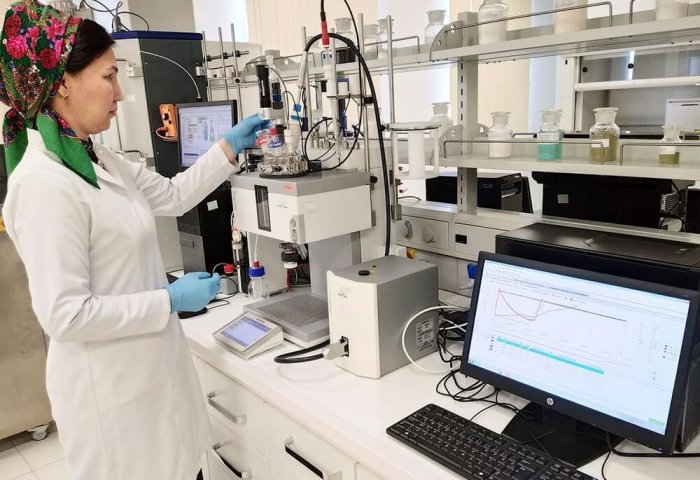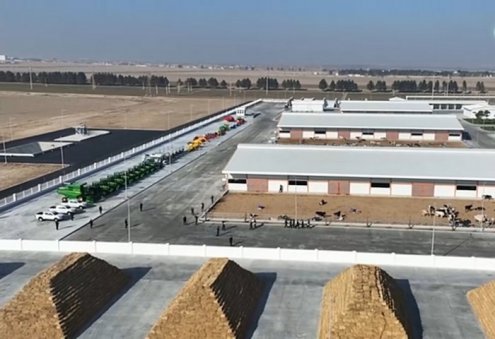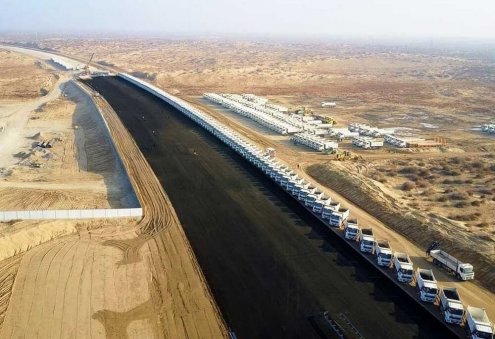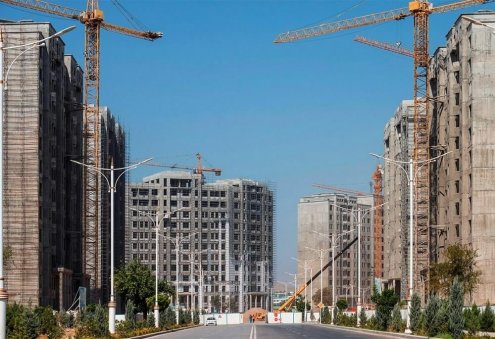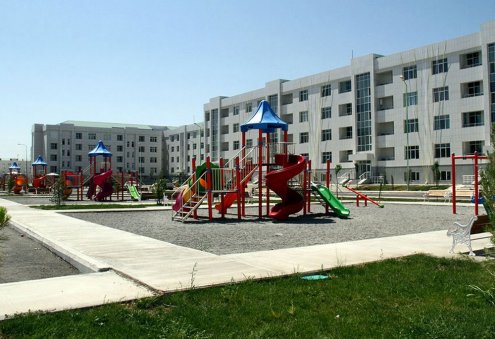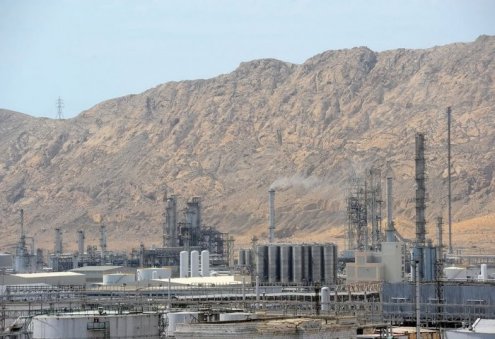In the biotechnology laboratory of the Turkmenistan Academy of Sciences' Technology Center, scientists have developed an environmentally friendly building material based on living cyanobacteria, as reported in the "Neutral Turkmenistan" newspaper published on Saturday.
This material transforms sand into a sturdy substance and can be used for new coverings, repairing old roads, and laying pavement tiles. It also helps prevent road pollution from loose sand.
The production of this invention emits almost no CO2, unlike cement production, responsible for 6% of global carbon dioxide emissions. Bacteria in the material absorb greenhouse gases and, nourished by natural gel, produce calcium carbonate through mineralization processes. The innovative building material is created using advanced technology.
When applied in road construction, this building material can serve as a protective barrier to prevent sand from being blown onto highways.
The innovative building material has significant potential for widespread application, according to some scientists, including foreign researchers working in this field.
Cyanobacteria, also known as blue-green algae, are a large group of gram-negative bacteria capable of photosynthesis, accompanied by the release of oxygen. They are closest to the oldest microorganisms, traces of which are found on Earth. Cyanobacteria are among the most complex and morphologically differentiated prokaryotic microorganisms. They can generate molecular oxygen almost like higher plants. Thanks to them, 2.5 billion years ago, the Earth's atmosphere became saturated with oxygen.

